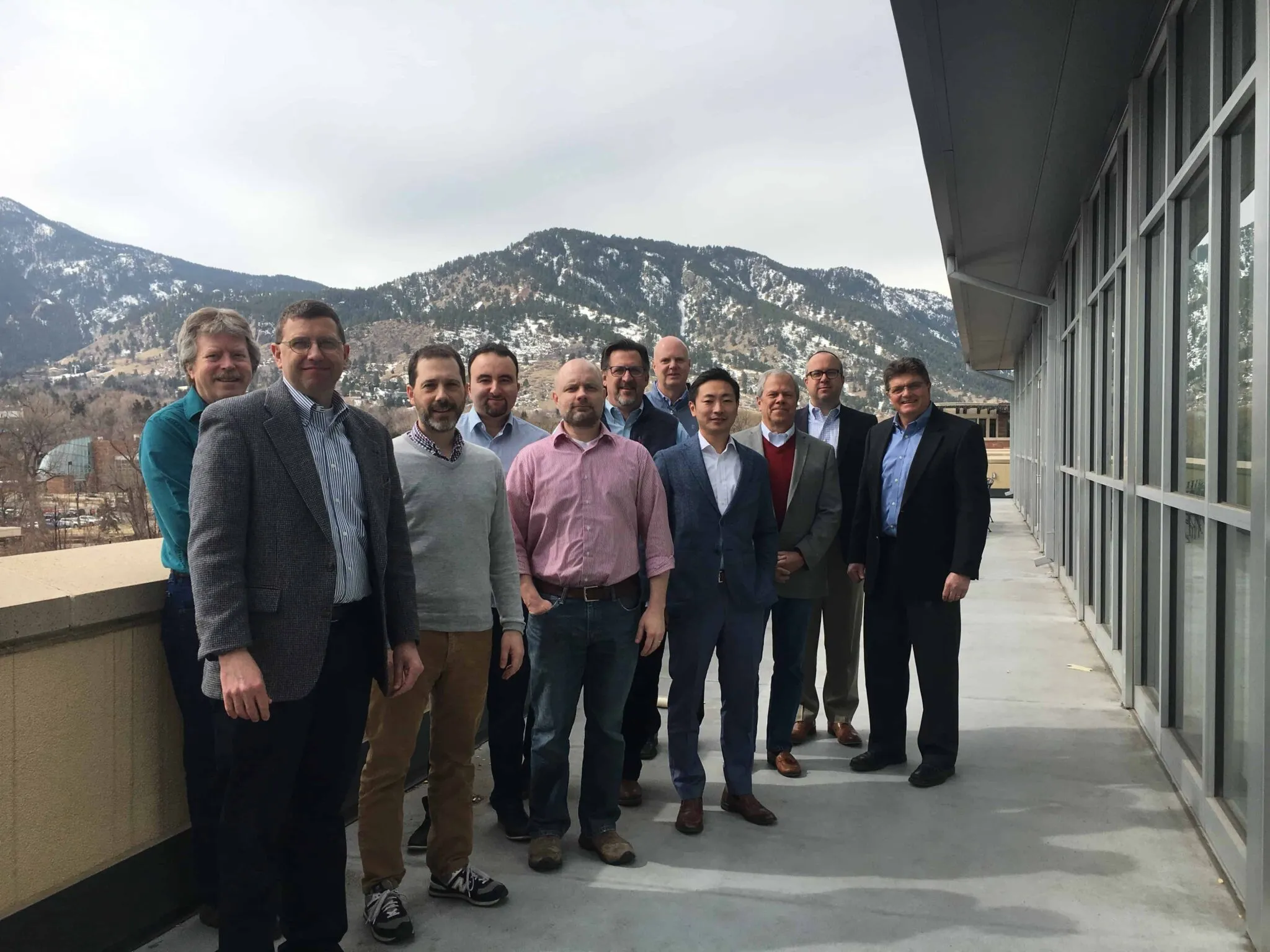Boulder Valley clean-tech companies face competition in global market

BOULDER — As clean-tech becomes an increasingly global industry, companies large and small are looking to work together to foster innovation and success in a competitive field.
Boulder Valley CEOs discussed this issue and others at BizWest’s CEO roundtable on the clean-tech industry.
Demand has been driving the global market for clean-tech, especially with countries such as China that have been pushing for electric vehicles and clean energy due to a pollution crisis, said Joe Mitchell, CEO of UQM Technologies Inc. Europe is also increasing its demand for clean-tech.
That demand has created…
THIS ARTICLE IS FOR SUBSCRIBERS ONLY
Continue reading for less than $3 per week!
Get a month of award-winning local business news, trends and insights
Access award-winning content today!




